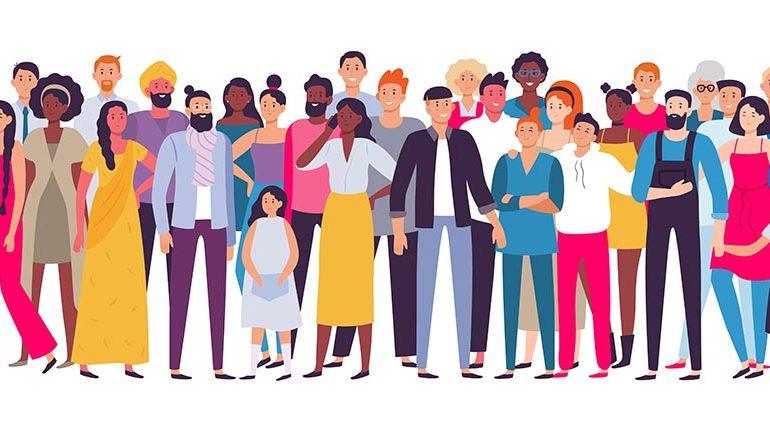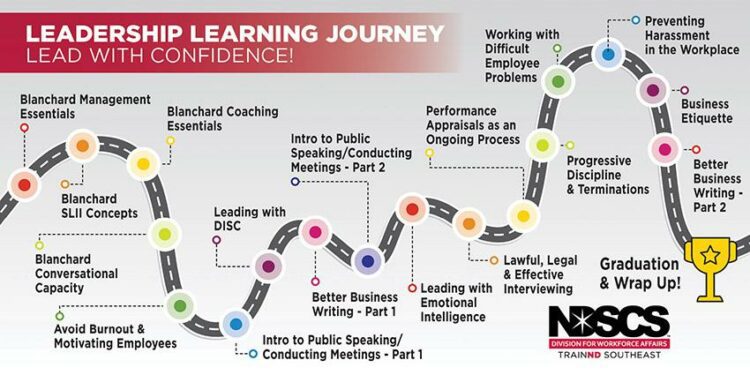In a world increasingly marked by diversity and globalization, the Mennonite Church USA is embarking on an innovative learning journey through intercultural relationships. Through the lens of the Intercultural Development Inventory (IDI), members of the church are exploring new perspectives and experiences to build stronger connections within their congregations and communities. Join us as we delve into the unique challenges and successes of this transformative initiative in the latest issue of our news feature.
Table of Contents
- Exploring the Impact of Intercultural Relationships within the Mennonite Church USA Community
- Navigating Identity Development through Intercultural Encounters
- Challenges and Opportunities for Growth in Interfaith Relationships within the Mennonite Church USA
- Strategies for Building Stronger Intercultural Connections through the Intercultural Development Inventory (IDI)
- Q&A
- To Wrap It Up

Exploring the Impact of Intercultural Relationships within the Mennonite Church USA Community
In the Mennonite Church USA community, the exploration of intercultural relationships has become a vital aspect of fostering understanding and unity among its diverse members. Through a learning journey that emphasizes the importance of intercultural competence, individuals within the community are able to navigate the complexities of cultural differences and build bridges of connection.
- Understanding the impact of intercultural relationships on the community
- Exploring ways to promote diversity and inclusion within the church
- Learning from personal experiences and stories of individuals
One key tool in this exploration is the Intercultural Development Inventory (IDI), which provides valuable insights into an individual’s attitudes and beliefs towards cultural differences. By engaging with the IDI, members of the Mennonite Church USA community are able to reflect on their own cultural biases and work towards a more inclusive and understanding environment.

Navigating Identity Development through Intercultural Encounters
Over the past year, members of the Mennonite Church USA have embarked on a learning journey that has taken them through a series of intercultural relationships and encounters. Through these experiences, individuals have had the opportunity to navigate their own identity development while fostering understanding and appreciation for diverse perspectives. This journey has been both challenging and rewarding, providing valuable insights into the complexities of cultural dynamics and the importance of intercultural communication.
One key aspect of this exploration has been the utilization of the Intercultural Development Inventory (IDI) tool, which has helped participants assess their own cultural competence and understand how they can continue to grow in their intercultural effectiveness. Through workshops and discussions, individuals have been able to reflect on their own biases and assumptions, while also learning how to engage more effectively with individuals from different cultural backgrounds. The combination of real-world experiences and guided reflection has been instrumental in shaping the way individuals within the Mennonite Church USA approach intercultural relationships and identity development.

Challenges and Opportunities for Growth in Interfaith Relationships within the Mennonite Church USA
The Mennonite Church USA is embarking on a journey to explore the challenges and opportunities for growth in interfaith relationships. As we navigate this complex landscape, we are learning valuable lessons about the importance of building bridges across cultural and religious divides. Through open dialogue, active listening, and a commitment to mutual respect, we are discovering new ways to deepen our connections with individuals from diverse faith traditions.
One of the tools we are utilizing in this learning process is the Intercultural Development Inventory (IDI). This assessment tool has provided us with valuable insights into our own cultural biases and blind spots, allowing us to approach interfaith relationships with greater sensitivity and understanding. By embracing the opportunities for growth that come with engaging in intercultural relationships, we are not only enriching our own spiritual practice but also contributing to the broader goal of building a more inclusive and interconnected community.

Strategies for Building Stronger Intercultural Connections through the Intercultural Development Inventory (IDI)
In a world that is becoming increasingly diverse, building strong intercultural connections is essential for fostering understanding and collaboration among individuals from different backgrounds. The Intercultural Development Inventory (IDI) is a powerful tool that can help individuals and organizations navigate the complexities of intercultural interactions and develop the skills needed to engage effectively with people from diverse cultural backgrounds.
At Mennonite Church USA, we have embarked on a learning journey that explores the nuances of intercultural relationships through the lens of the IDI. By embracing the IDI as a guiding framework, we are able to gain insight into our own cultural biases and assumptions, as well as develop strategies for building stronger connections with people who may have different cultural perspectives. Through this process, we are committed to deepening our understanding of intercultural dynamics and creating a more inclusive and welcoming community for all members.
Q&A
Q: What is the focus of the article “A learning journey through intercultural relationships and IDI - Mennonite Church USA”?
A: The focus of the article is on exploring the experiences and lessons learned from intercultural relationships within the Mennonite Church USA, as well as the use of the Intercultural Development Inventory (IDI) as a tool for growth and understanding.
Q: How does the Mennonite Church USA approach intercultural relationships within its community?
A: The Mennonite Church USA places a strong emphasis on fostering understanding and appreciation for diversity within its community through intentional engagement in intercultural relationships.
Q: What role does the Intercultural Development Inventory (IDI) play in this learning journey?
A: The IDI is used as a tool to assess individual and organizational intercultural competence, providing a framework for growth and development in intercultural relationships within the Mennonite Church USA.
Q: What are some of the key takeaways from the article in terms of navigating intercultural relationships?
A: Some key takeaways include the importance of self-reflection, humility, and a willingness to engage in uncomfortable conversations as part of the learning journey in intercultural relationships within the Mennonite Church USA.
Q: How can individuals and organizations benefit from incorporating the lessons shared in the article into their own intercultural relationships?
A: By incorporating the lessons shared in the article, individuals and organizations can strive towards greater cultural competence, empathy, and inclusivity in their interactions with diverse communities, ultimately fostering a more enriched and connected society.
To Wrap It Up
As we come to the end of this enlightening journey through intercultural relationships and the Intercultural Development Inventory within the Mennonite Church USA, it is clear that the importance of understanding and embracing diversity cannot be overstated. By actively engaging in conversations and initiatives that promote intercultural competency, we can build stronger communities and foster greater understanding and unity among us. Let’s continue to educate ourselves and others on the value of diversity and work towards creating a more inclusive and equitable society for all. Thank you for joining us on this journey, and we look forward to continuing to explore and learn together.
